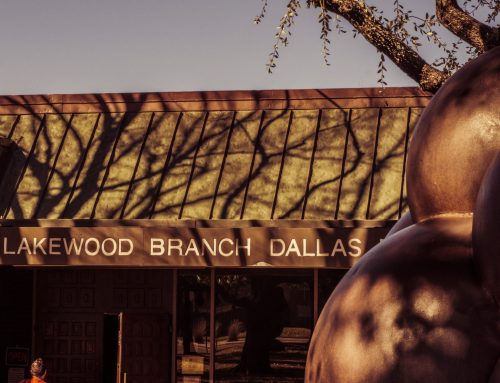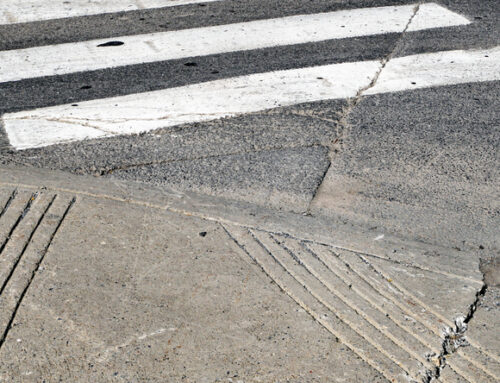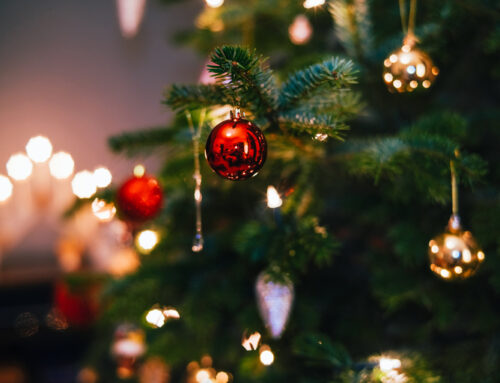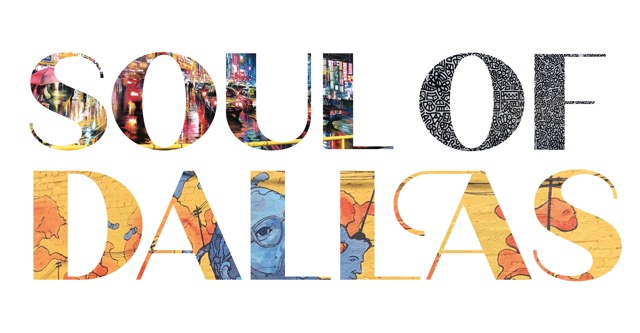
Deep Ellum has been called the soul of Dallas. Illustration by Jessica Turner.
It was home to hundreds of freedmen in the aftermath of the Civil War. It survived Central Expressway carving straight through its heart. It has hosted some iconic American musicians, including blues singer Bessie Smith and grunge band Nirvana. And now, the people of Deep Ellum are celebrating its 150th anniversary.
Local organizations and businesses have helped to plan the year of festivities. The idea came from Todd Hedrick, who owns and is the head stylist at Salon Gossip, a salon on Elm Street. Hedrick approached the Deep Ellum Foundation a few years ago about the milestone, and the DEF and its partner organizations have been planning how to get the most out of the anniversary ever since.
“We thought, ‘We really need to harness this and take the opportunity to share the story (of the neighborhood),’” says Stephanie Hudiburg, the executive director of the DEF.
The celebration begins with a black-tie reception at the Kimpton Pittman Hotel on Jan. 19. The hotel is named after architect William Sidney Pittman, who designed the building the hotel is located in. Originally known as the Knights of Pythias Building, the building was the first commercial structure in Dallas designed by an African American person.
Several anniversary events are intended to honor the Black people who have shaped Deep Ellum. There will be a panel for Black History Month, and the DEF will partner with the Dallas Black Chamber to bring in Black entrepreneurs who are still influencing Deep Ellum.
In March, Hudiburg anticipates that Deep Ellum will be named to the National Register of Historic Places. The DEF, Preservation Dallas and the Texas Historical Commission have spent years surveying the district to prove its historical significance, providing statistics about the age and stories of buildings.
Deep Ellum will be part of an inaugural cross-Dallas Juneteenth parade, which travels through the Dallas Arts District and Fair Park.
No celebration of Deep Ellum would be complete without music. The district was one of the country’s bastions of blues by the early 1900s, and then it welcomed the advent of jazz. In the late 1900s, artists such as Erykah Badu and Radiohead headlined Deep Ellum venues, rejuvenating the district. To mark that history, the inaugural, three-day Deep Ellum Music Festival will occur in October, featuring several genres of music.
“Music has really been the founding heart of what Deep Ellum has been about,” Hudiburg says. “To have a music festival every year to celebrate that, and to bring in different artists, both longtime artists and fresh artists, is a gift that will keep on giving.”
Deep Ellum’s most famous music will be available on demand at the Deep Ellum Community Cultural Center, expected to open this spring. A permanent exhibit called “The Other Side of Dallas” will tell the story of the district, and visitors can hear the artists who put Deep Ellum on the map.
The festivities will end with a storytelling summit in December. Local publisher Deep Vellum will partner with the Dallas Public Library to create the Deep Ellum Archive to feature historians’ written accounts of Deep Ellum and also allow residents to record their own oral histories.
The events are intended to improve the district’s future and honor its past.
“I like to joke that Deep Ellum is the oldest new cultural district in the state,” Hudiburg says. “It’s called the Soul of Dallas, and there’s a reason for that. It is the No. 1 entertainment district in the entire region, but it’s first and foremost truly a community.”
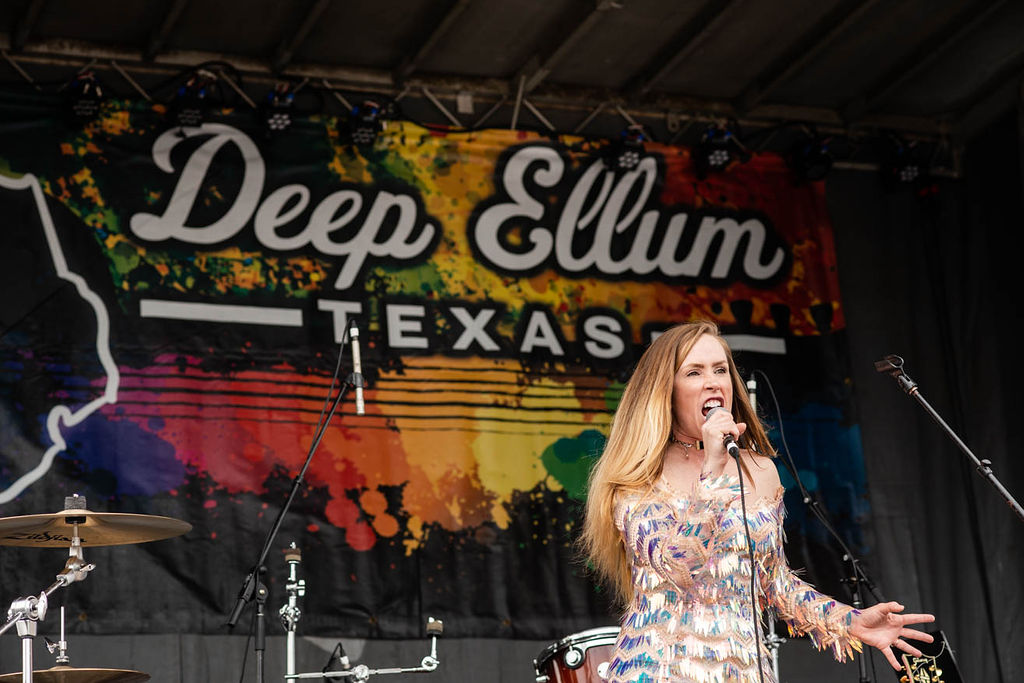
Photo courtesy of Deep Ellum Arts Festival.
Deep Ellum was a stomping ground for artists now remembered as blues legends. T-Bone Walker, whom Rolling Stone named as the 67th greatest-ever guitar player, started in Deep Ellum before moving to California and pioneering the West Coast Blues sound. Chuck Berry later named Walker as one of his biggest influences. Huddie “Lead Belly” Ledbetter is another musician whose influence stretched beyond the nightclubs he played in Deep Ellum; his songs have been covered by ABBA, Frank Sinatra, Tom Petty and Nirvana.
Speaking of Nirvana, remember the infamous night when a security guard punched Kurt Cobain? During a concert at Trees to promote Nirvana’s album Nevermind, Cobain crowd surfed. When the crowd returned him to the stage, a security guard tried to push him away from the stage again. Cobain hit the guard with his guitar and clambered onto the stage, and in retaliation, the security guard socked Cobain in the jaw.
That concert was during Deep Ellum’s musical renaissance during the late 20th century, when artists like Erykah Badu and Old 97’s played venues there on their way to national fame. Every year for her birthday, Badu plays a set at the Bomb Factory.
In 2015, when Leon Bridges’ debut album Coming Home was generating Grammy buzz, you could still find him busking on Elm Street. And he played at the Bomb Factory in 2021 with Houston-based trio Khruangbin.


